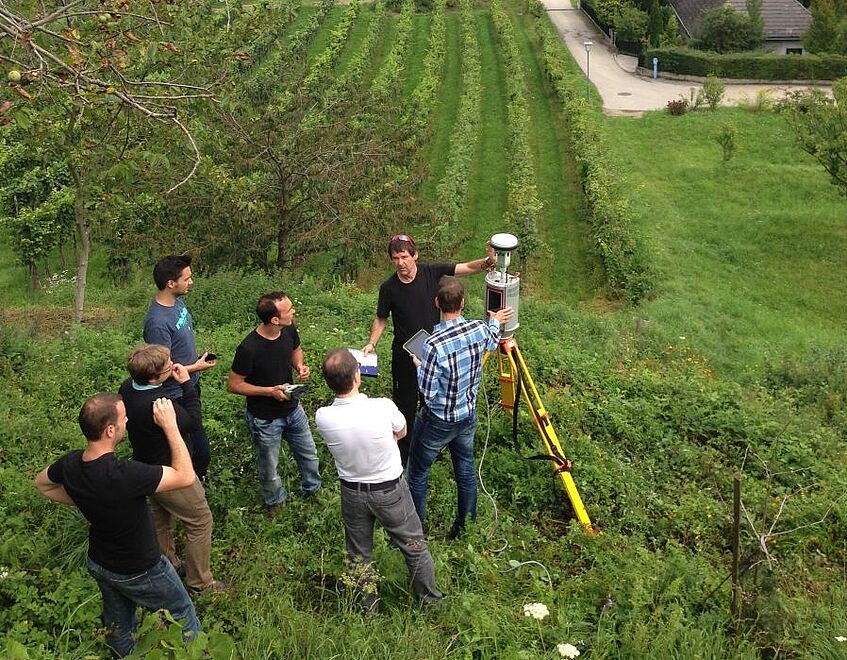Expiring: Admissions are only possible until the summer semester 2025.
Regional Research and Regional Planning (Master)

Graduates of the master’s programme in Regional Research and Regional Planning have comprehensive knowledge of the content, organisation and practice of regional planning in Austria and Europe. They are familiar with the instruments of regional planning and their implications, and have empirical and theoretical knowledge of societal and socio-spatial development trends (including gender-critical societal analysis). Furthermore, they are able to confidently apply quantitative and qualitative methods of empirical regional research (including cartography).
Master of Arts
Degree Programme Code: 066 857
4 semesters / 120 ECTS credits
Language: German
NO entrance examination
Facts & Figures
- Students: n.a.
- Graduates in the last academic year: n.a.
- Number of semesters needed for graduation (median): n.a.
Data updated on: 03.12.2024
Attention
Instruction Language German
Please note that the instruction language of this programme is German. To start the degree programme, you need to hold a certificate of German proficiency on C1 level.
Admission Procedure
Information about the admission procedure
Information on Previous Studies:
In any case eligible degree programmes at the University of Vienna:
- Geography (Bachelor)
- Master Access Guide
Study Programme
The master’s programme consists of modules on the following subjects: Advanced methods of regional research; concepts, tools and legal basics of regional planning; processes of spatial development and opportunities for socio-political control; theoretical and applied regional research and regional planning; elective modules (students can select elective modules from certain neighbouring disciplines, the master’s programmes in the areas of geography, or cartography and geoinformation, or other disciplines, subject to approval); field trip. To successfully complete the programme, students have to write a master’s thesis.
Five Concepts
which you will deal with during your studies:
- Control mechanisms
- Development trends
- Regional research
- Human geography
- Acquisition of geodata
... and many more.
Overview of the programme structure & topics
Here you find the current offer of courses for this programme to gain better insight into the topics and structure. For more information please click on the respective level.
After Graduation
Graduates of the master’s programme can work in urban planning, regional planning and regional planning for provinces, statistical offices, as well as sectoral planning for the federal state (transport, economy, agriculture, education), and are qualified to carry out planning activities for civil engineers, as well as location analysis and location planning in the private sector. In addition, they are qualified to work in applied geoinformatics, urban and regional marketing and management, regional development, the real estate industry and in media. Graduates of the master’s programme in Regional Research and Regional Planning carry out management tasks in tourism, utility and disposal services and local public transportation, or work in public administration or political consulting.
Graduates' Perspective on the Degree Programme
Graduates ...
- say that this degree programme receives the grade: 2.0 (good)
- rate the level of difficulty as: 3.1 (appropriate)
→ These results are based on feedback from 19 graduates.
*You can find further assessments of the degree programme from its graduates’ perspective in the graduate survey of the master's programme in Regional Research and Regional Planning (in German).
Graduates ...
- find employment within 2 months after graduation on average.
- earn an average of € 2,846 (women) and € 3,143 (men) gross per month within three years after graduation.
- work full time at a percentage of 81% (women) and 84% (men) within three years after graduation.
*You can find further information on career entry and career paths in the tracking of graduates "MA Geography".
